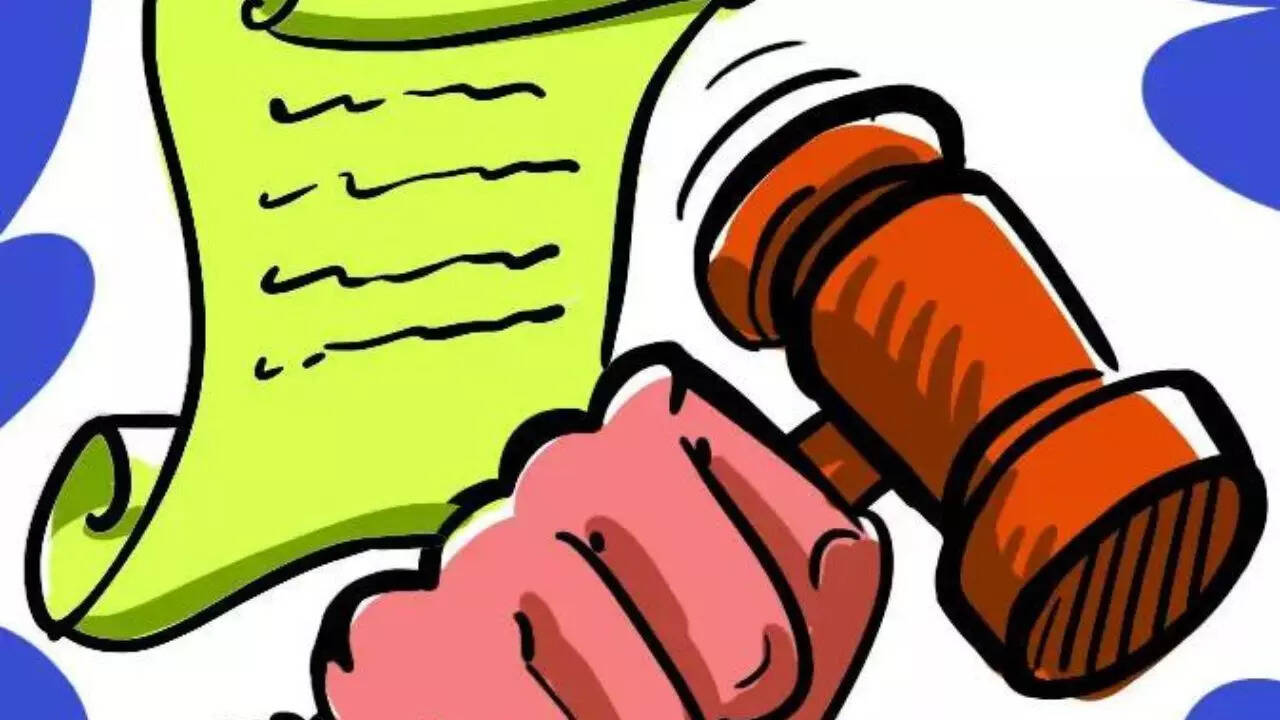MUMBAI: The GST-Authority for Advance Rulings (AAR), Karnataka bench, recently held that Juspay Technologies, which provides a ride-hailing app ‘Namma Yatri‘ to merely connect auto-drivers and passengers is an e-commerce operator under GST laws. However, the AAR bench further held that this Bengaluru-based company would not have to collect and pay GST on the transportation fare as the supply of passenger transportation is ‘not made through it’.
Section 9(5) requires e-commerce operators providing a wide range of ‘notified’ services to collect and pay GST. In its order, the AAR bench concluded that the supply by auto drivers (who are service providers) to their customers (passengers) does not amount to supply by JustPay Technologies.
Rulings of the AAR do not set a judicial precedent but have a persuasive effect in assessment of similar cases. “According to this ruling, if an entity merely connects service providers and the end customers without playing an active role in collecting the consideration, or exercising control on the provision of service, it would not be tantamount to supply of service ‘through’ the entity. Thus, the entity which is facilitating the notified service would not be liable to collect and pay GST,” said Harpreet Singh, indirect tax partner at KPMG-India.
He added that the ruling could have persuasive value in deciding the GST liability for e-commerce operators providing notified services under section 9(5) such as passenger transportation, restaurant, housekeeping, hotel accommodation, etc.
Pratik Jain, partner at Pricewaterhouse, said, “It is important to note that the term ‘supplies made through e-commerce operator’ is not defined. The AAR bench has relied on dictionary meanings and general parlance which may be open for interpretation by GST officers. Hence, each fact pattern must be analysed in detail to determine the applicability of section 9(5).”
Jain points out a ruling given by the Appellate Authority of Advance Ruling (AAAR) in the case of OPTA cabs.
Business models will have a role to play in determining the GST obligations. In this case, the ‘Namma Yatri’ app merely connected auto drivers and passengers. The transport of passengers was done independently, and the app did not have any control over the actual provision of services, nor the details of the ride. There was no call center or control room. The invoice was raised by the auto drivers who collected the payment directly. The payment was not tracked.
Section 9(5) requires e-commerce operators providing a wide range of ‘notified’ services to collect and pay GST. In its order, the AAR bench concluded that the supply by auto drivers (who are service providers) to their customers (passengers) does not amount to supply by JustPay Technologies.
Rulings of the AAR do not set a judicial precedent but have a persuasive effect in assessment of similar cases. “According to this ruling, if an entity merely connects service providers and the end customers without playing an active role in collecting the consideration, or exercising control on the provision of service, it would not be tantamount to supply of service ‘through’ the entity. Thus, the entity which is facilitating the notified service would not be liable to collect and pay GST,” said Harpreet Singh, indirect tax partner at KPMG-India.
He added that the ruling could have persuasive value in deciding the GST liability for e-commerce operators providing notified services under section 9(5) such as passenger transportation, restaurant, housekeeping, hotel accommodation, etc.
Pratik Jain, partner at Pricewaterhouse, said, “It is important to note that the term ‘supplies made through e-commerce operator’ is not defined. The AAR bench has relied on dictionary meanings and general parlance which may be open for interpretation by GST officers. Hence, each fact pattern must be analysed in detail to determine the applicability of section 9(5).”
Jain points out a ruling given by the Appellate Authority of Advance Ruling (AAAR) in the case of OPTA cabs.
Business models will have a role to play in determining the GST obligations. In this case, the ‘Namma Yatri’ app merely connected auto drivers and passengers. The transport of passengers was done independently, and the app did not have any control over the actual provision of services, nor the details of the ride. There was no call center or control room. The invoice was raised by the auto drivers who collected the payment directly. The payment was not tracked.
Denial of responsibility! YoursTelecast is an automatic aggregator of the all world’s media. In each content, the hyperlink to the primary source is specified. All trademarks belong to their rightful owners, all materials to their authors. If you are the owner of the content and do not want us to publish your materials, please contact us by email – [email protected]. The content will be deleted within 24 hours.


